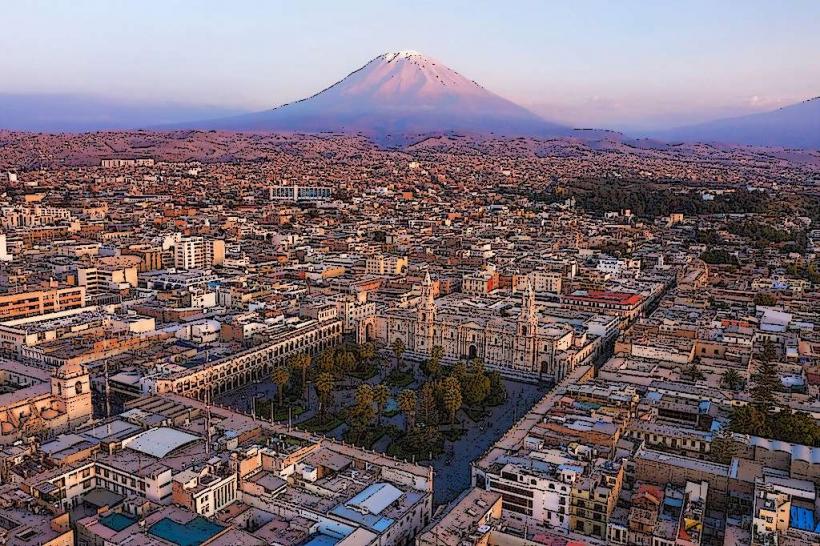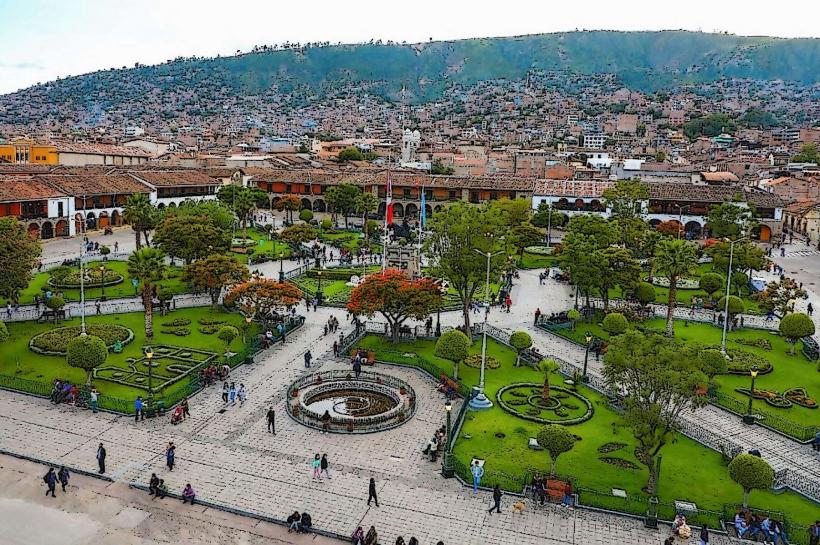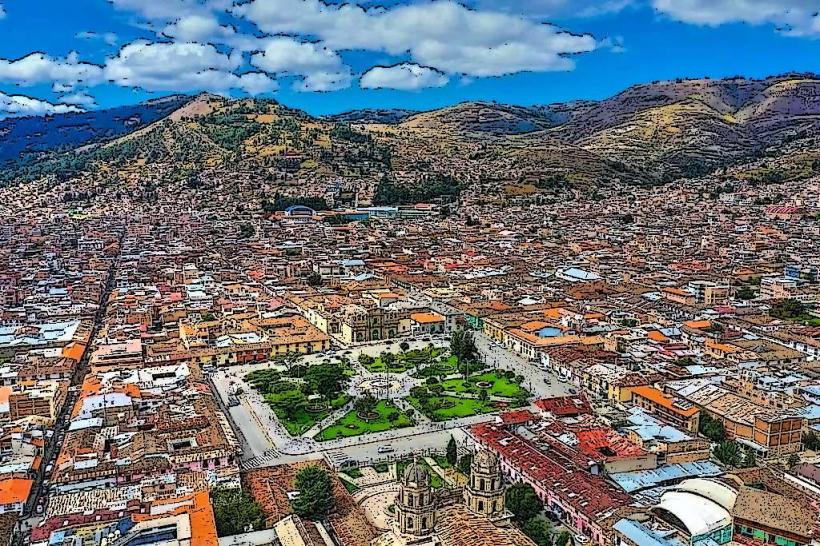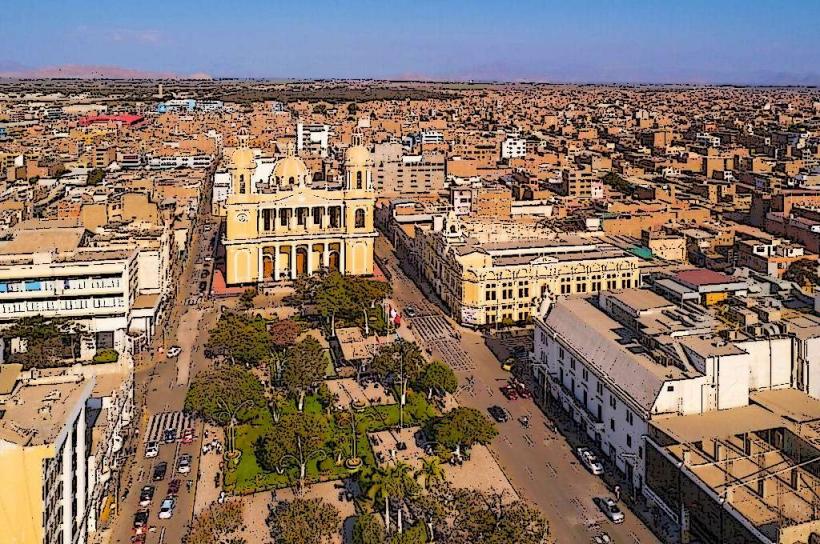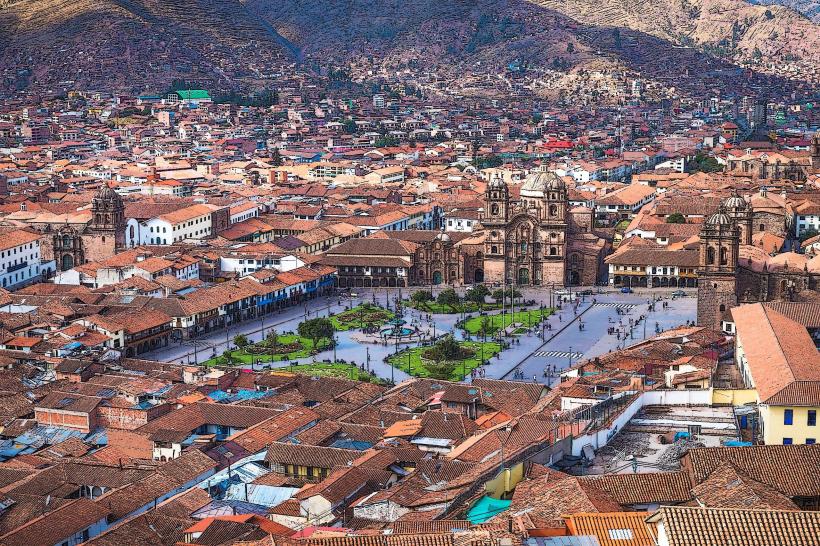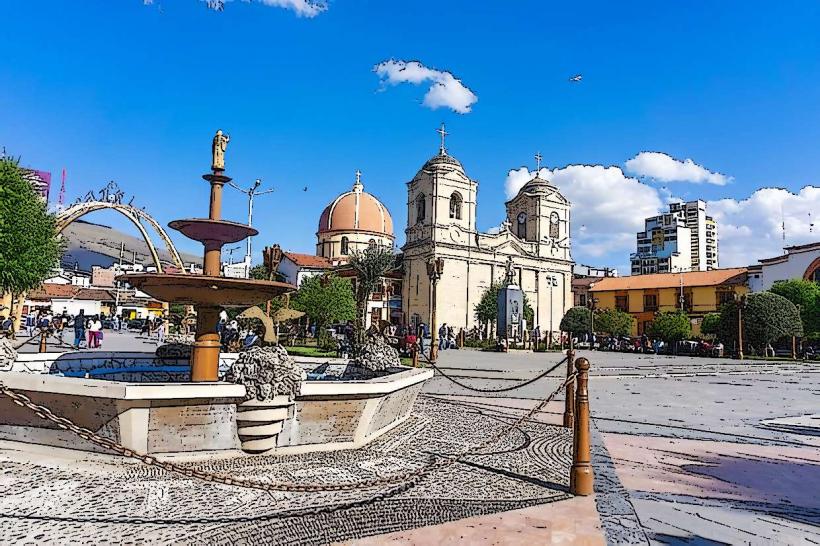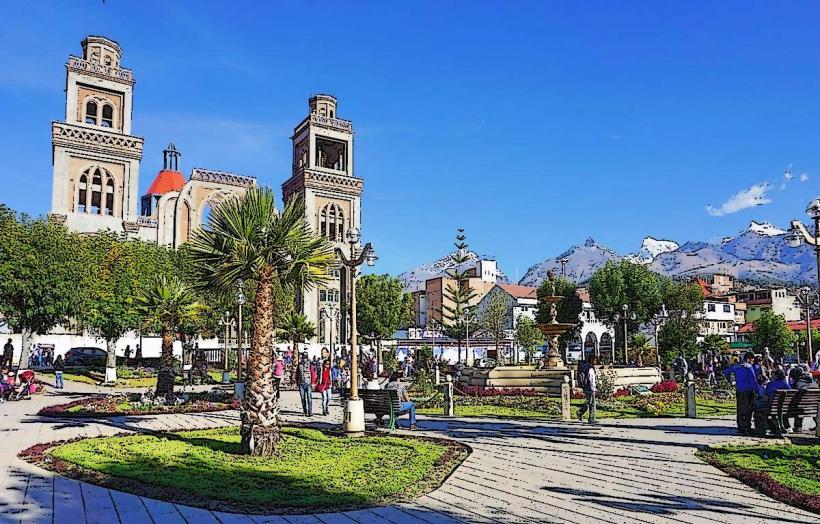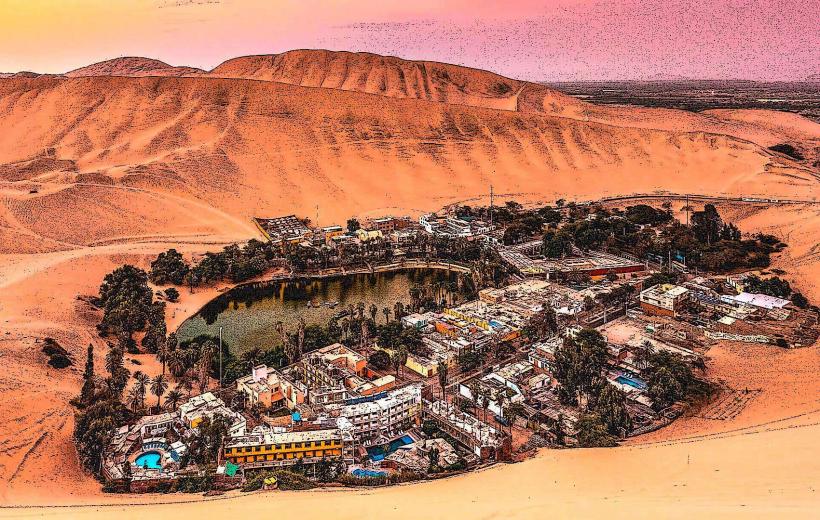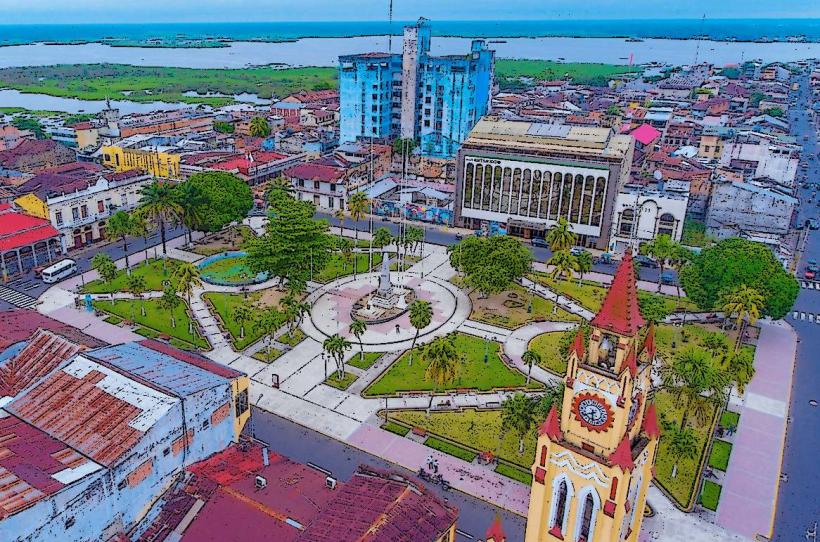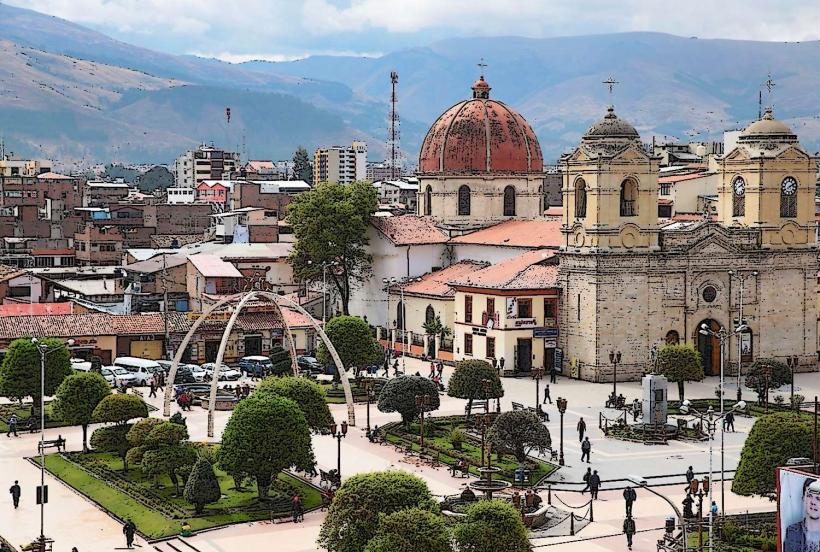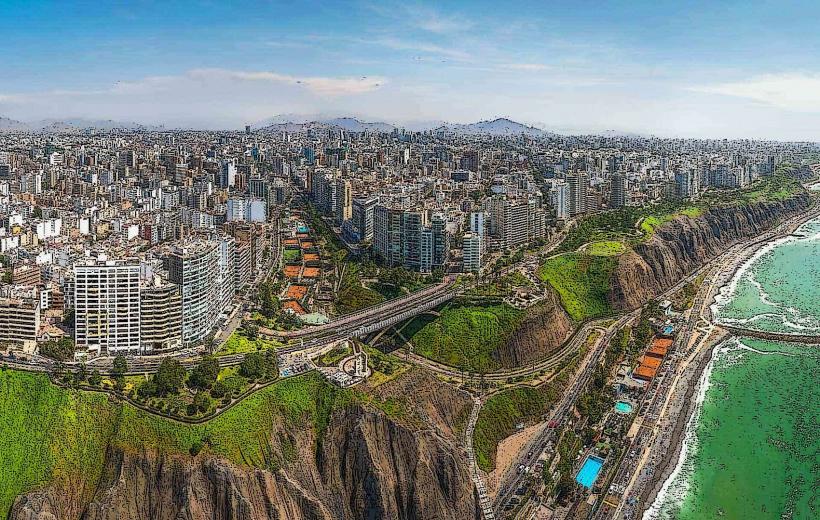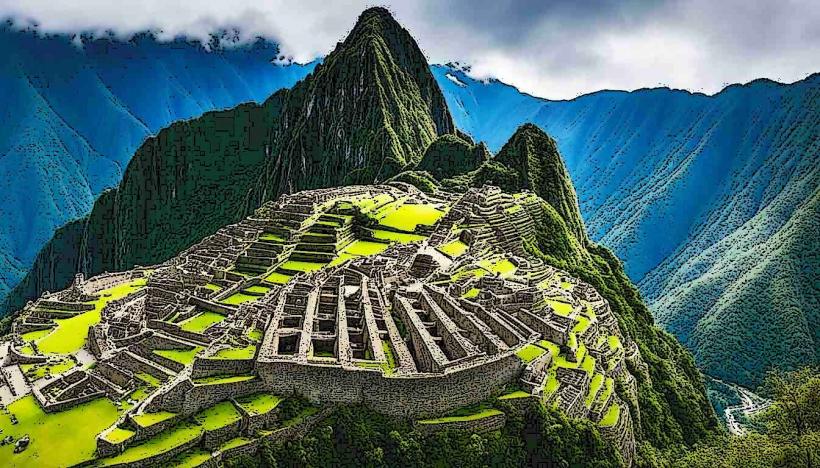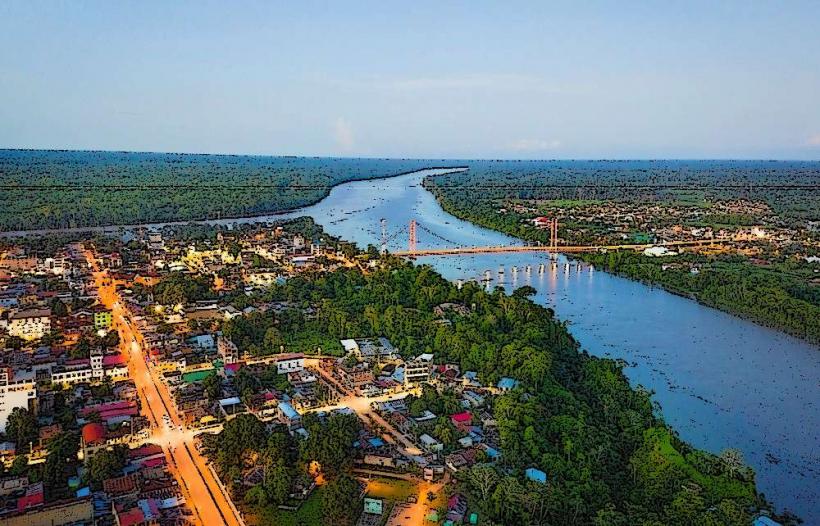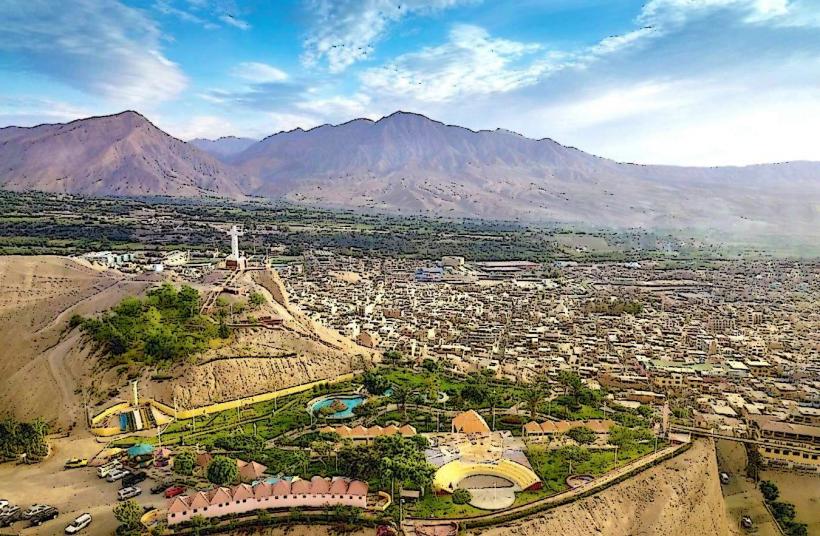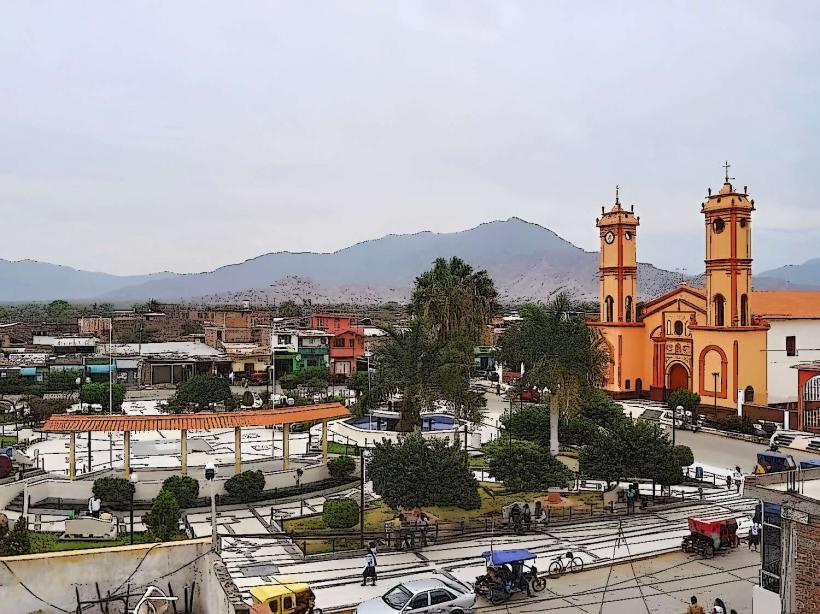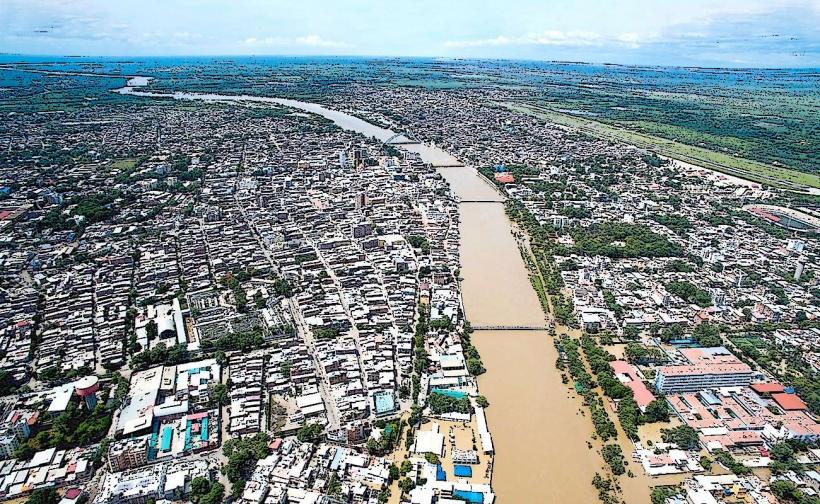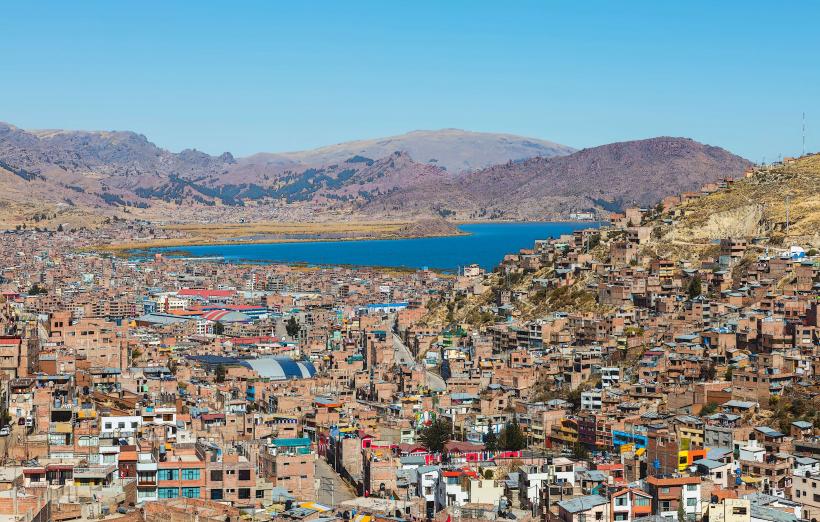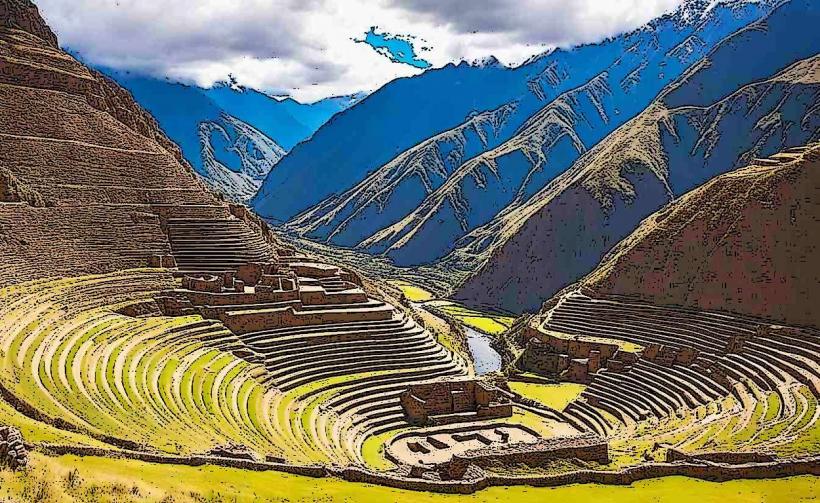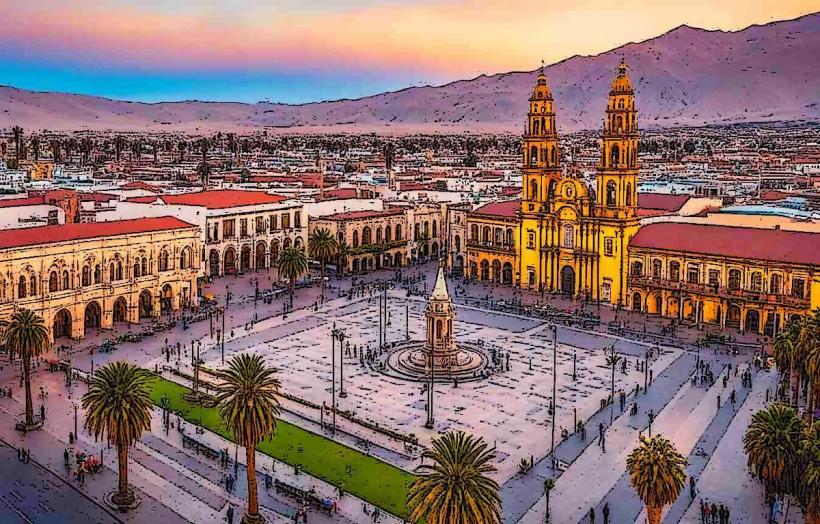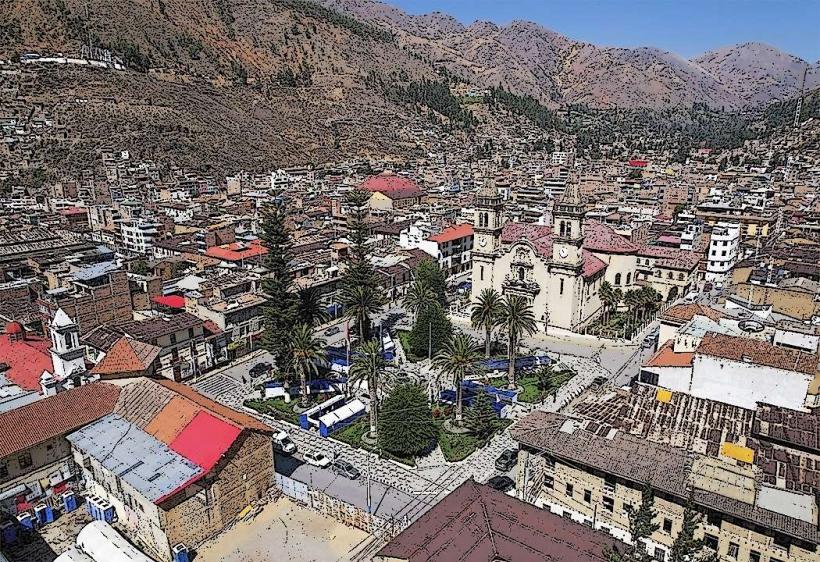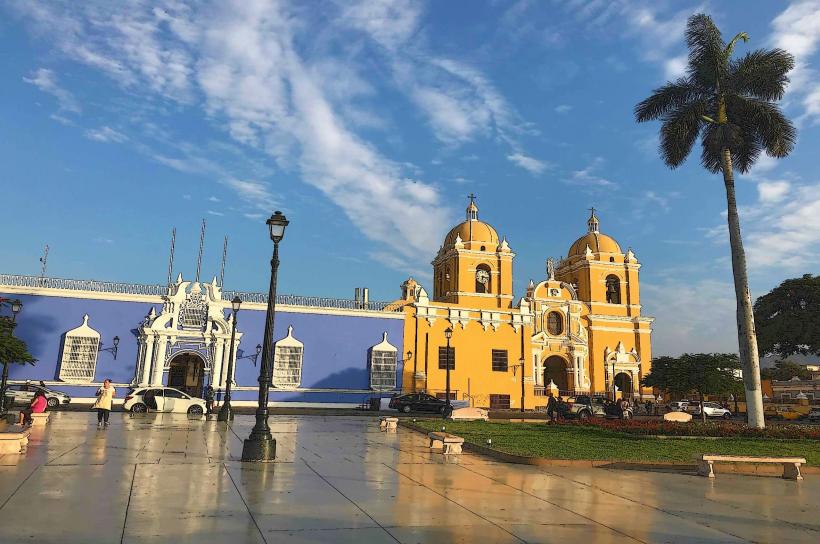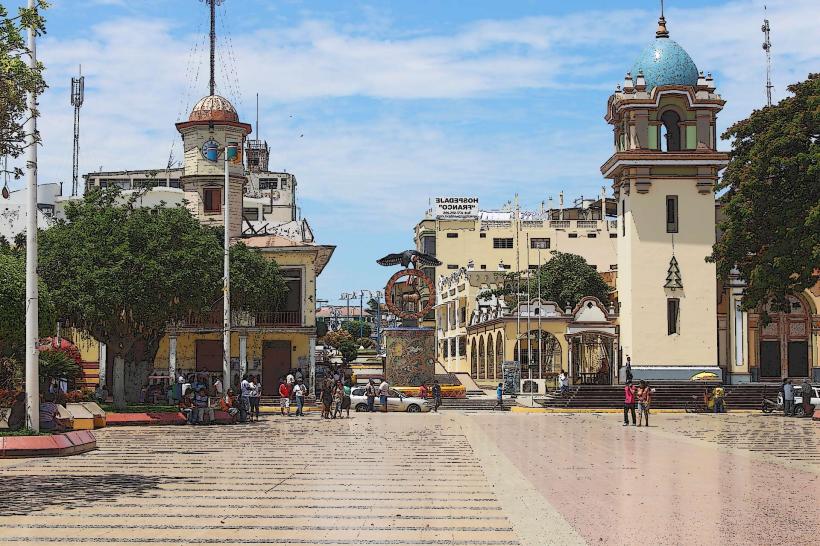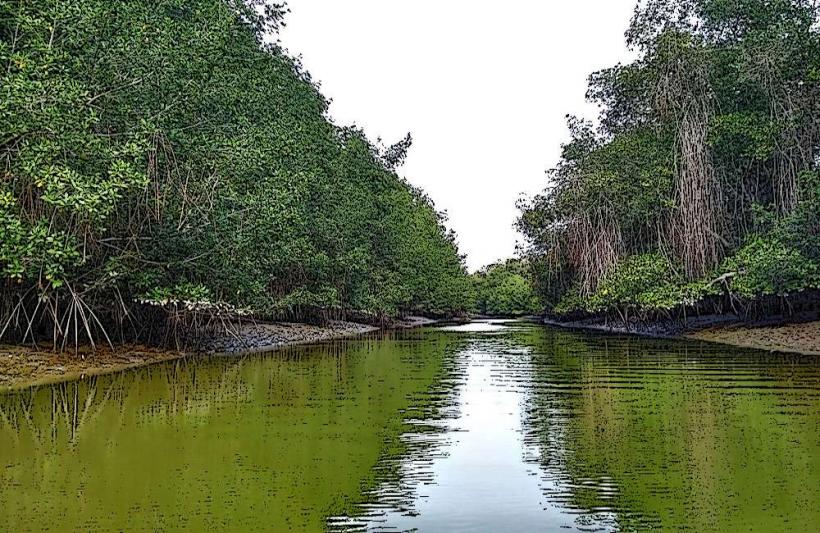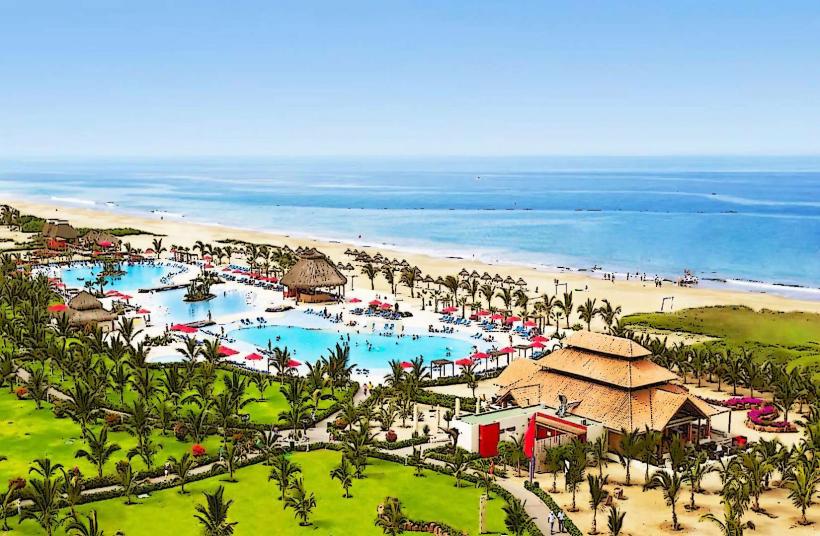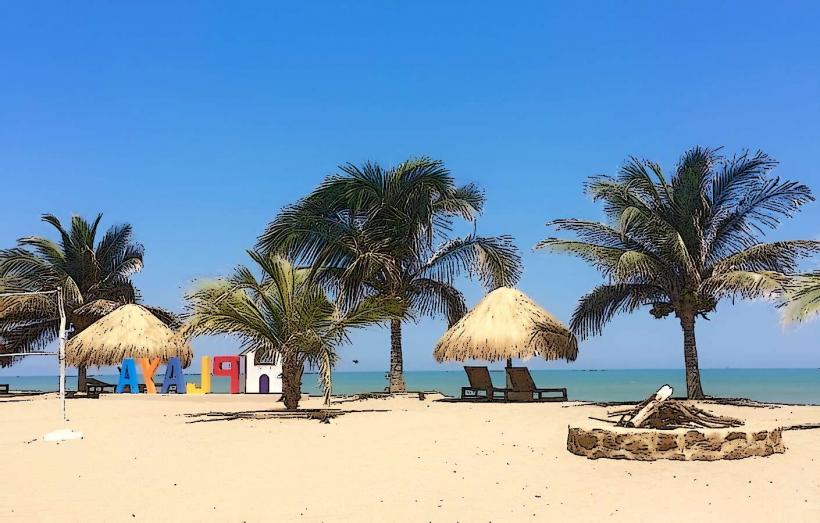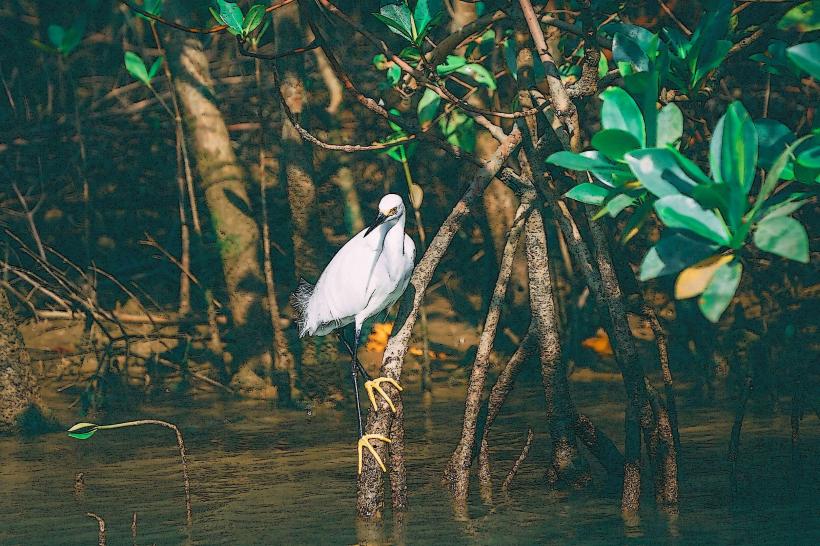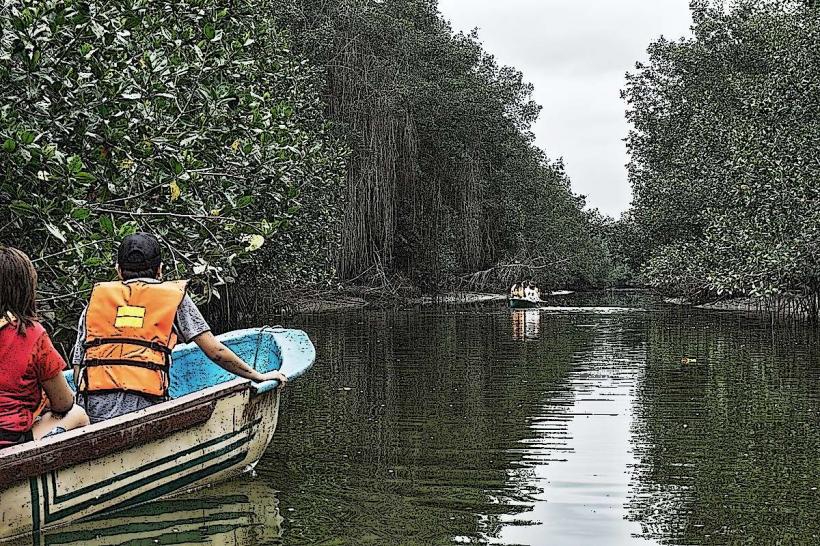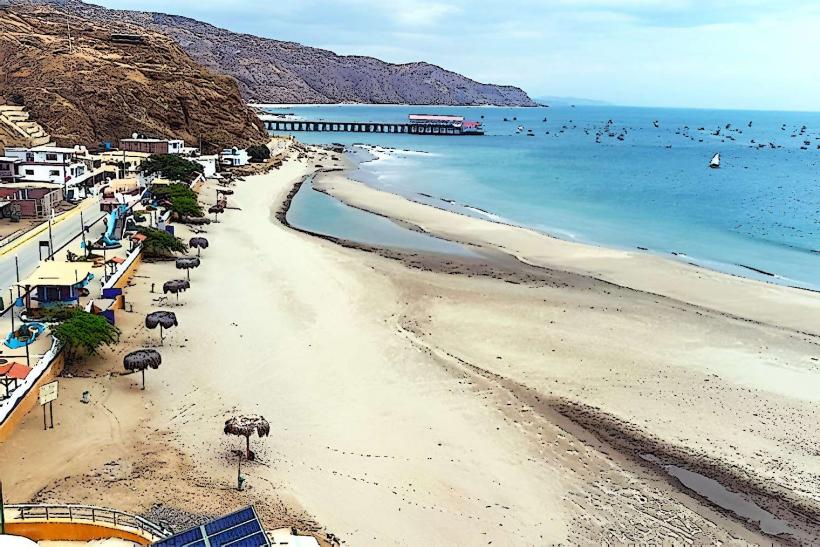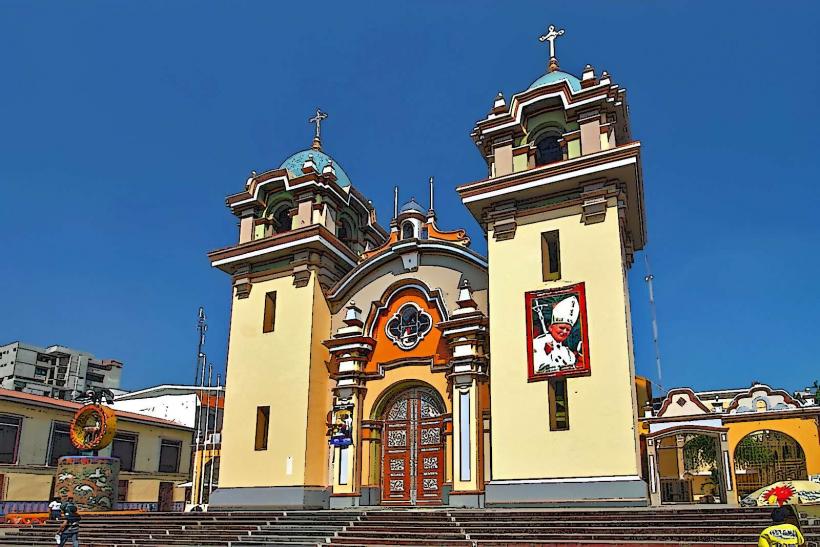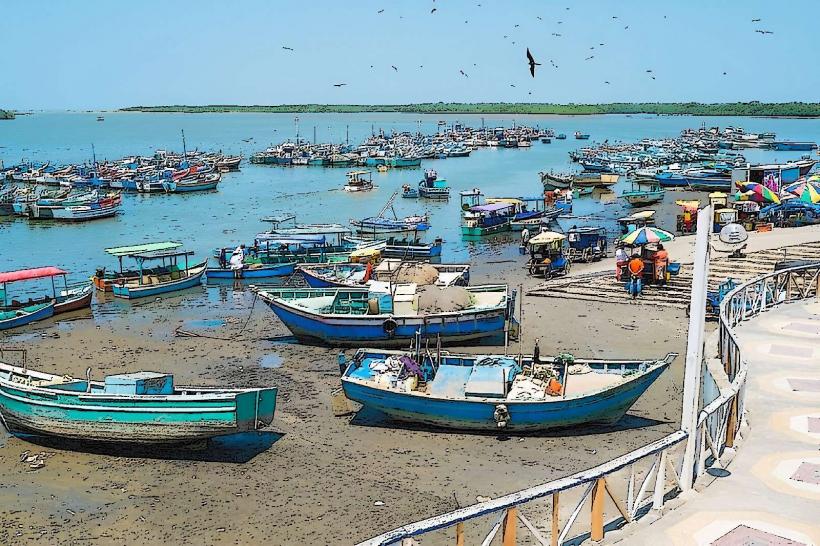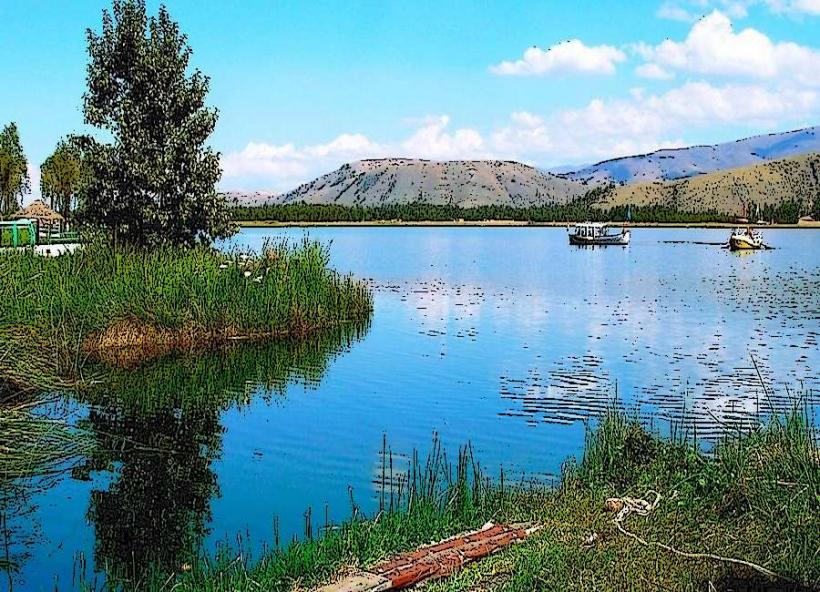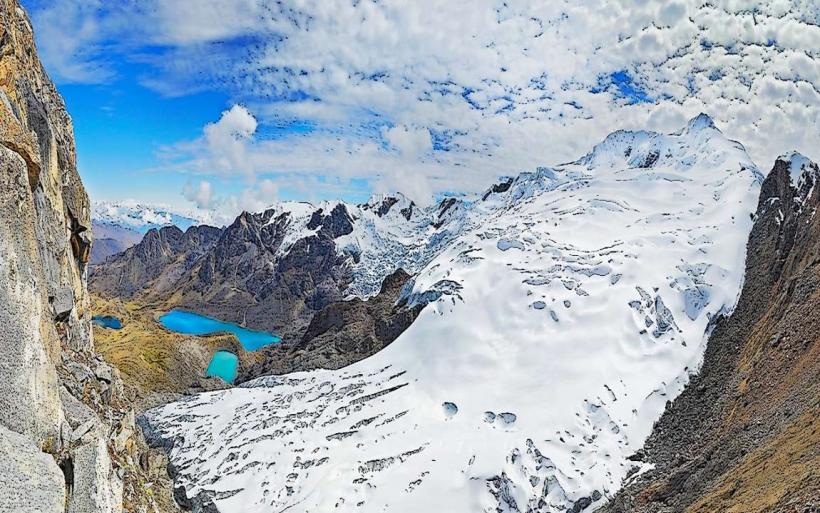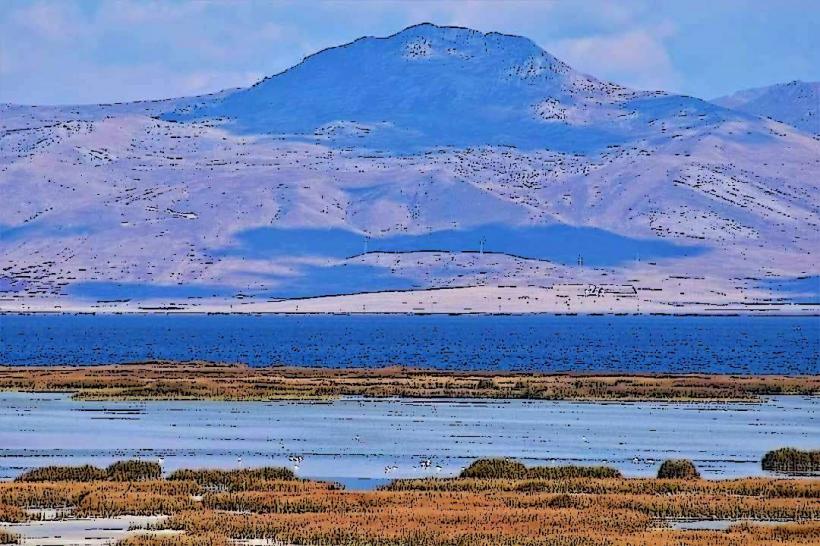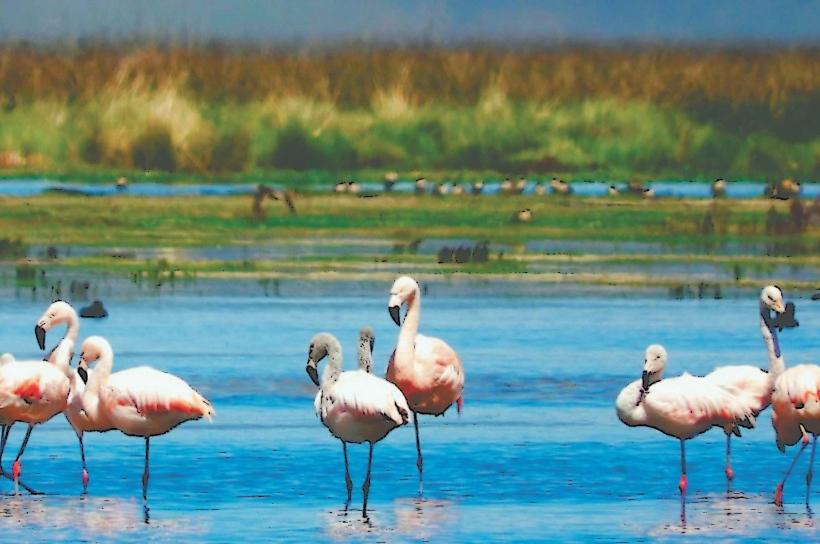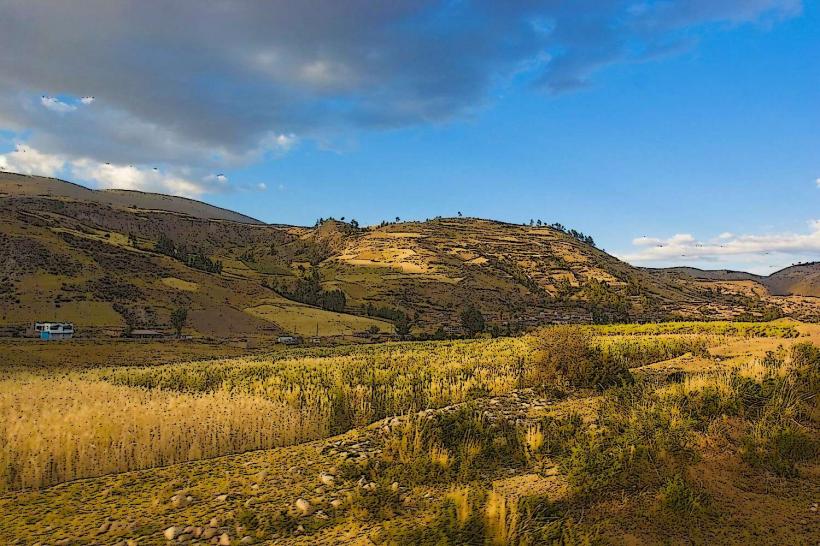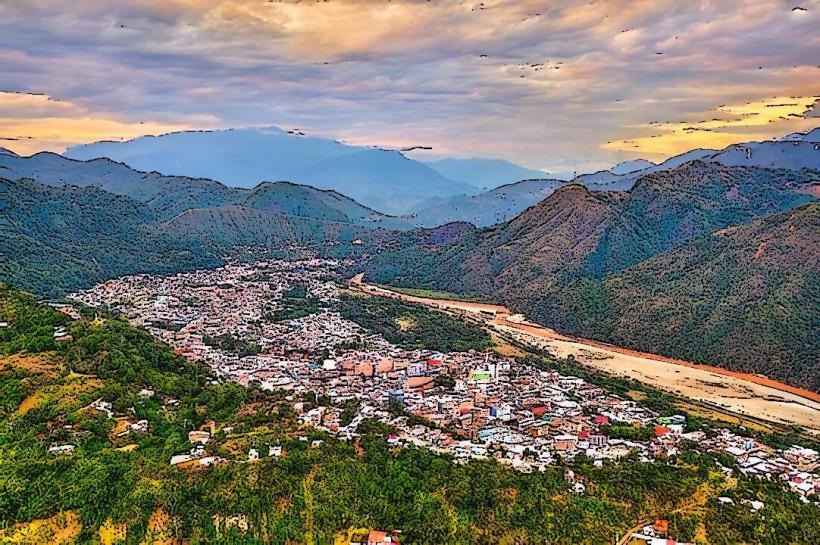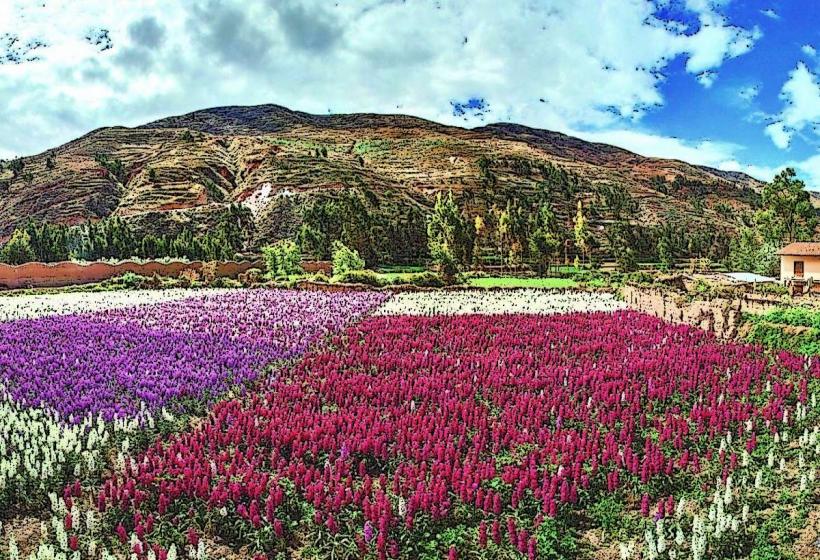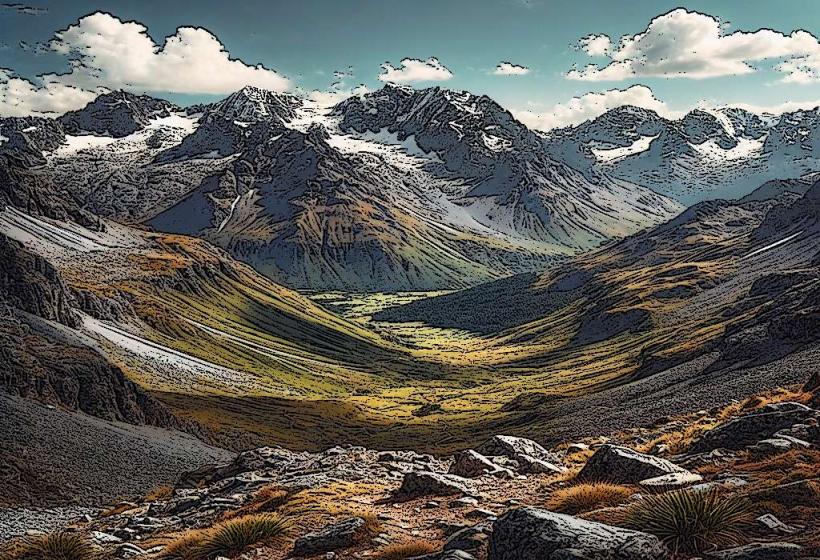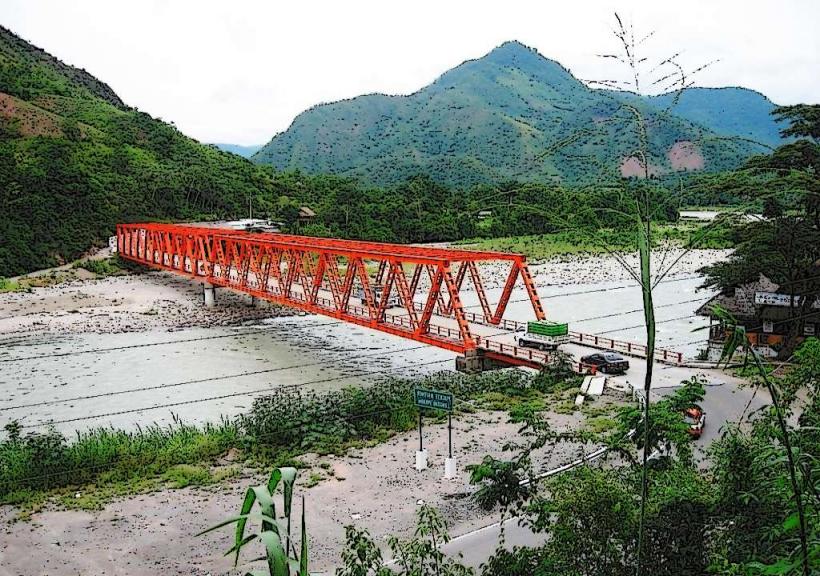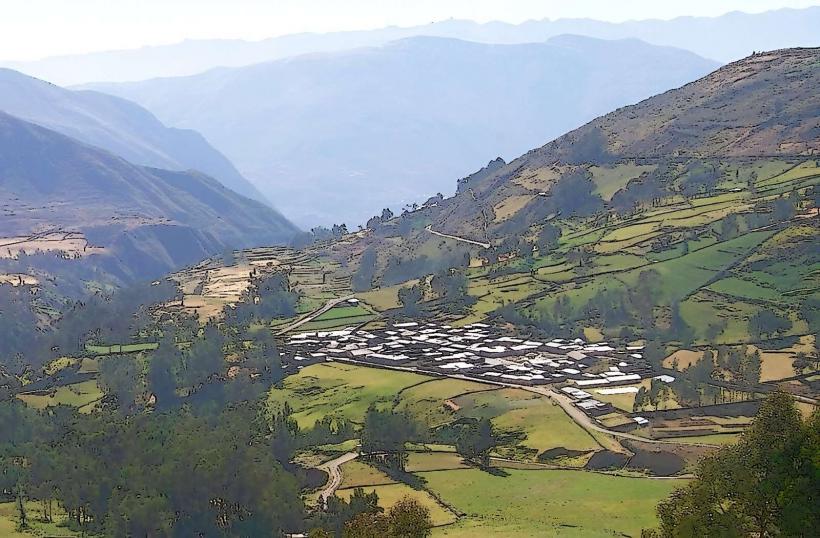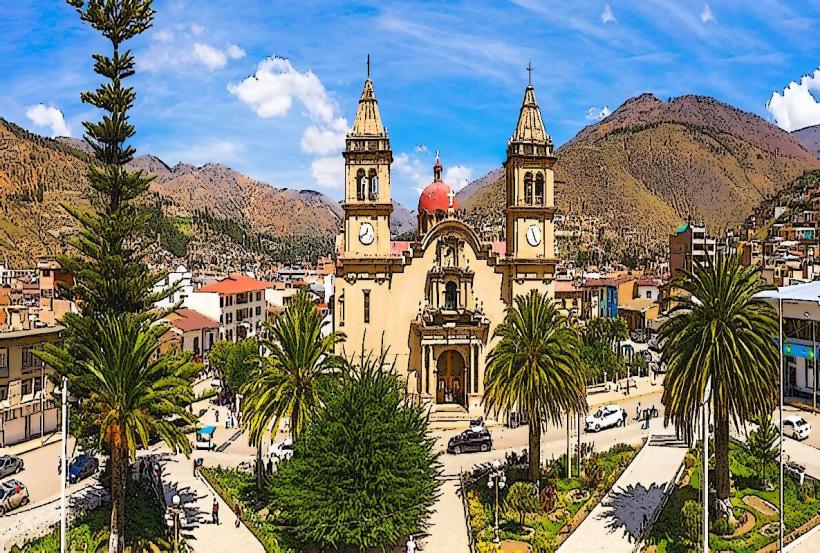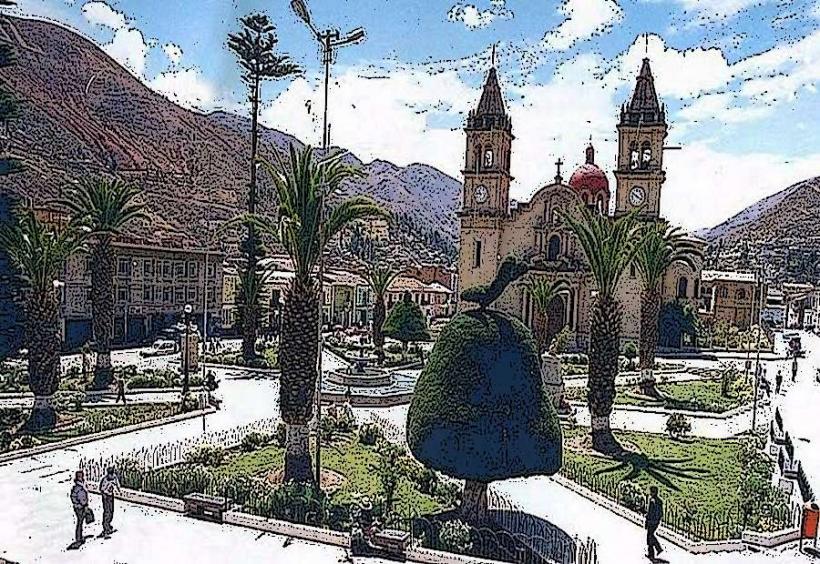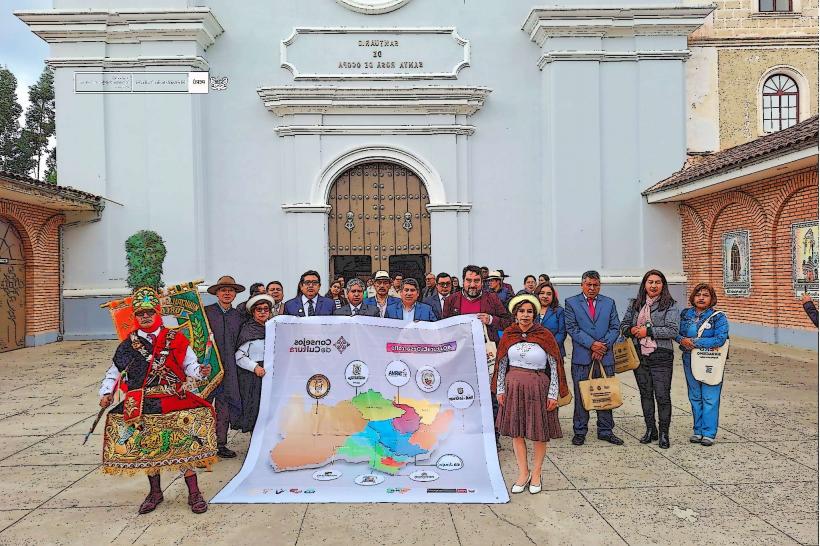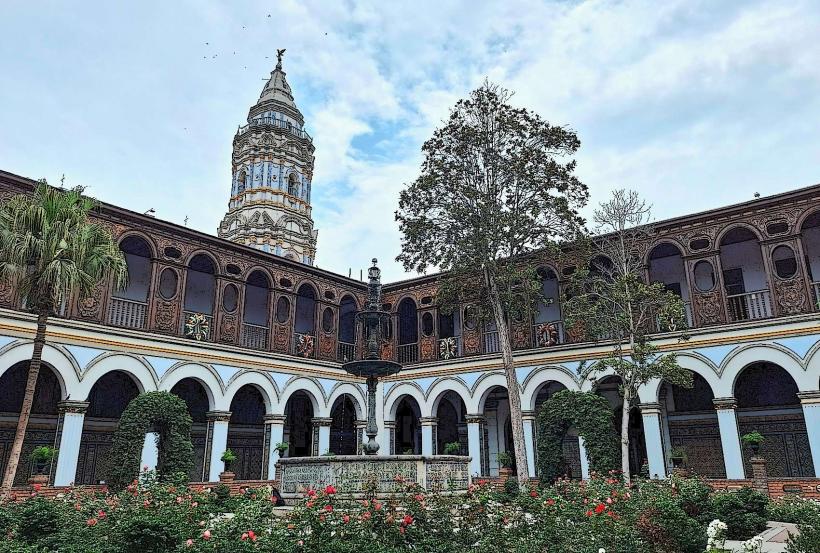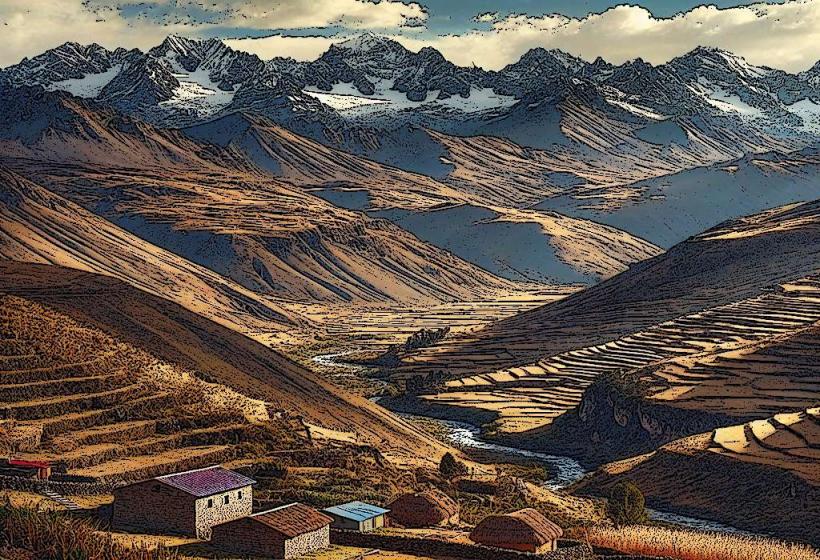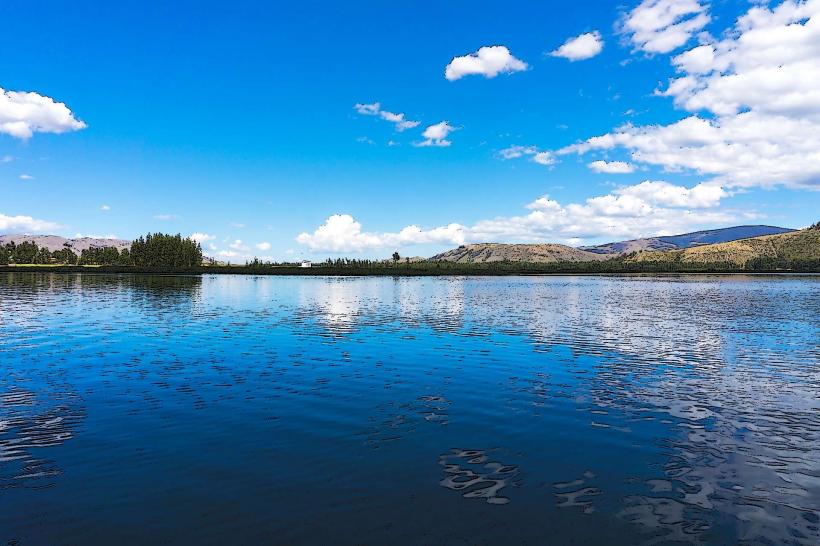Information
Country: PeruContinent: South America
Peru, South America
Peru is located on the western coast of South America, bordered by Ecuador and Colombia to the north, Brazil and Bolivia to the east, Chile to the south, and the Pacific Ocean to the west. Its geography is divided into three distinct regions: the arid "Costa," the Andean "Sierra," and the Amazonian "Selva." The economy is driven by mining, agriculture, and its globally recognized gastronomy; the capital city is Lima.
Visa & Entry Policy
EU, US, and UK passport holders enter Peru visa-free for tourist stays of up to 90 days. Entry requires a passport valid for at least six months from the date of arrival and a confirmed onward or return ticket. As of 2026, the Entry/Exit System (EES) biometric registration is standard at international airports. A business visa is required for those entering to sign contracts or legal agreements.
Language & Communication
Spanish is the official language and primary medium for 83% of the population. Quechua and Aymara hold co-official status in regions where they predominate. English proficiency is medium in Lima, Cusco, and Arequipa, particularly within the tourism and luxury hospitality sectors, but remains low in rural highland and jungle districts.
Currency & Payment Systems
The official currency is the Peruvian Sol (PEN). Credit cards (Visa and Mastercard) are accepted in urban malls, hotels, and upscale restaurants. Digital payment platforms like Yape and Plin are universal for local transactions, though they typically require a Peruvian bank account. Cash is mandatory for taxis, local markets, and all transactions in rural Andean and Amazonian villages. ATMs are widespread but often charge withdrawal fees between 15–20 PEN.
National Transport Grid
Inter-city travel is dominated by a comprehensive bus network, with carriers like Cruz del Sur and Oltursa offering luxury sleeper services. Domestic aviation via LATAM Peru and Sky Airline is the primary link between Lima and regional hubs. Rail transport is limited to high-value tourist routes, such as the Perurail service to Machu Picchu and the luxury Belmond Andean Explorer between Cusco and Puno. In the Amazon, riverboats are the sole transport mode.
Digital Infrastructure
Primary mobile network providers are Movistar, Claro, Entel, and Bitel. 4G/LTE coverage is robust in coastal and urban areas. As of 2026, 5G deployment is active in central Lima, Arequipa, and Trujillo. Rural connectivity is expanding via the National Fiber Optic Backbone (Red Dorsal), though the deep Amazon remains dependent on satellite internet.
Climate & Seasonality
Coast: Summer (December–April) is sunny and warm ($25°C–30°C$); winter (May–November) is misty and gray (garúa).
Andes: Dry season (May–September) features clear days and freezing nights; wet season (October–April) brings heavy rainfall.
Amazon: Hot and humid year-round; the "low water" season (June–October) is optimal for hiking, while "high water" (December–May) is best for river navigation.
Health & Safety
Yellow Fever vaccination is mandatory if traveling to jungle areas below 2,300 meters. Altitude sickness (soroche) is a significant risk in Cusco ($3,400m$) and Puno ($3,800m$); travelers are advised to acclimatize for 48 hours. Tap water is not potable. The emergency number for the National Police is 105 and for SAMU (Ambulance) is 106.
Top 3 Major Regions & Cities
The Central Coast: Hub: Lima (Financial/Culinary).
The Southern Highlands: Hub: Cusco (Inca Heartland).
The Northern Amazon: Hub: Iquitos (Accessible only by air/river).
Local Cost Index
1L Water: 3.00 PEN ($0.80 USD)
1 Domestic Beer (0.5L): 8.00 PEN ($2.15 USD)
1 SIM Card (10GB Data): 40.00 PEN ($10.75 USD)
Facts & Legends
Peru is the site of the Caral-Supe civilization, the oldest known in the Americas, dating back to 3000 BC. In Andean mythology, Pachamama (Mother Earth) is a living deity requiring offerings (pagos) to ensure safe passage through the mountains. A persistent legend involves Atahualpa’s Ransom; after the Inca Emperor’s execution, it is believed a vast portion of the gold intended for the Spanish was diverted and hidden in the Llanganates Mountains, where it remains undiscovered.

